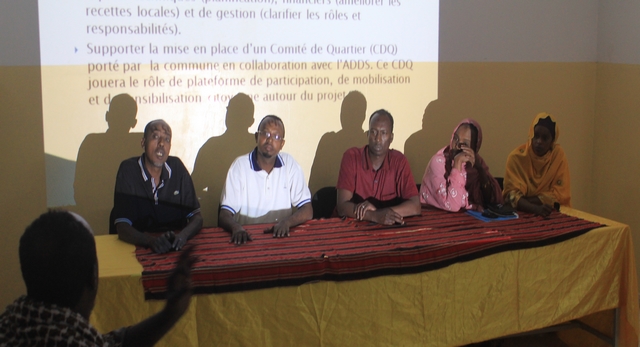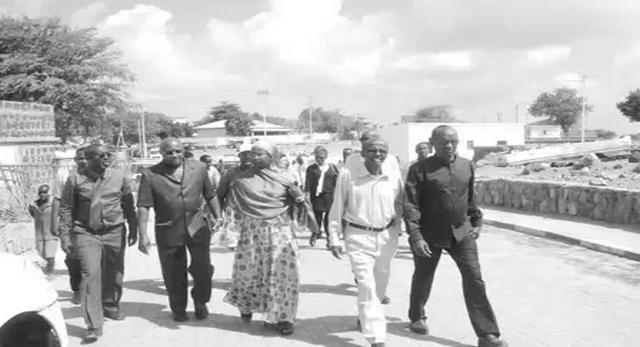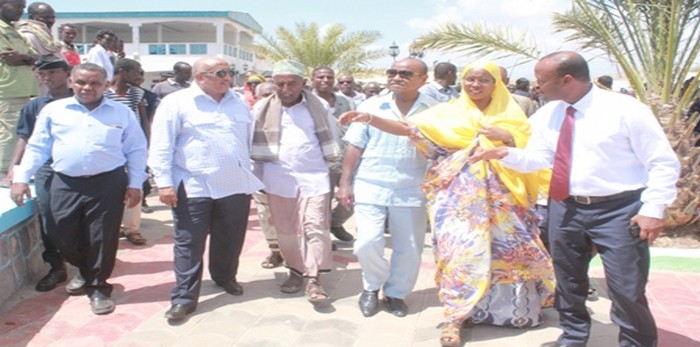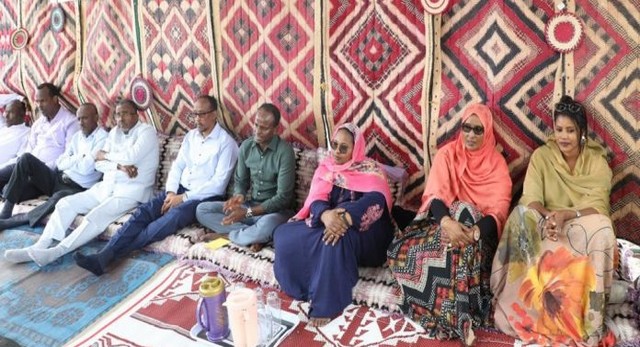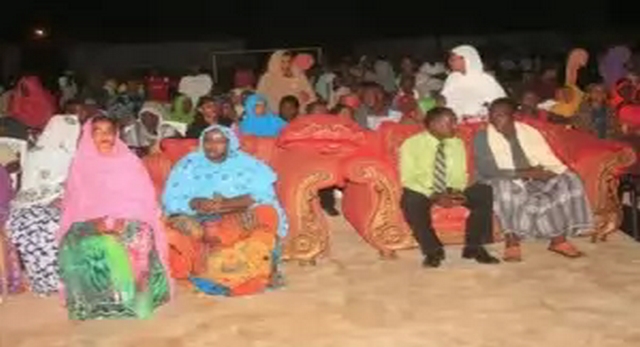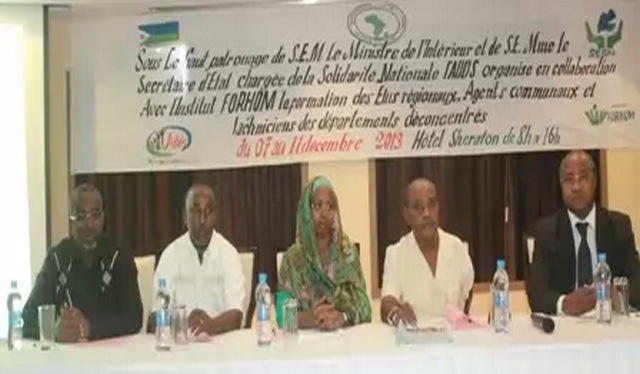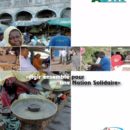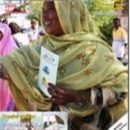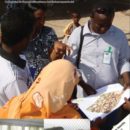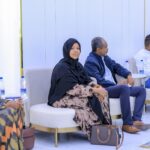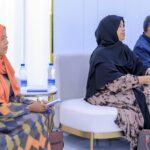Mr. Director General, ADDS is the armed wing of the government for the execution of its social policy. Is it up to its missions?
First, As you yourself recall, ADDS is the executing arm of the government. I would not use the term “armed wing”, which is not always positive, but saying that it is there to carry out the social decisions and programs defined by the government. It is not meant to decide for itself what to do, if the government plans to build this or that infrastructure, it is carrying out the directives given to it.
Some people think that ADDS often focuses on building infrastructure, can you tell us about your other areas of work?
Yes, one can think that the Agency often concentrates in the construction of infrastructures, because of the volume of work and the financial weight represented by this activity. But the share of infrastructure is a low percentage compared to all of the Agency’s other achievements. The list of programs implemented by the agency would be too long to enumerate, but be aware, all the same, that the establishment of “social safety nets” in favor of the most vulnerable populations, programs to fight against malnutrition, intended for young women breastfeeding children aged 0 to 2, training and professional integration programs for young people who have dropped out of school, the promotion and support of entrepreneurship with a view to the creation of micro enterprises, Micro finance programs, which all our fellow citizens know by the common name of “micro credit”, for the establishment of income-generating activities (IGA), are all examples of the multiple activities of the ADDS.
But perhaps it is because of their visibility in the landscape that the infrastructures are more noticed than all the other activities of ADDS which nevertheless constitute the vast majority of the companies of the Agency.
What are the future prospects for your agency?
The ADDS has developed over these years of activity, recognized expertise in its field. This expertise, combined with the rigor and transparency of its management, has earned it recognition such that it offers training and advice to delegations from several countries in the region and elsewhere (Chad, Sudan, Ethiopia, Somalia). There is no doubt that the opportunities and challenges facing ADDS are many and stimulating.
It should be remembered, for example, that the agency, working throughout the territory, needs to develop regional technical centers which can support the regions within the framework of decentralization in order to meet their socio-economic, educational and environmental needs. or health that they may have. You know that climate change is having a real impact in rural areas, where there is a strong fear that an endemic drought will take hold in the coming years. To settle the populations in the villages or the chief towns, it is necessary to install all the infrastructures and the socio-economic activities necessary for a decent social life. These are real challenges that the Agency ‘is working to meet, within the framework of the mandate entrusted to it, and with the full support of its supervisory Ministry, the Ministry of Social Affairs and Solidarity.
The results made public by the Agency are more than telling about the effectiveness of the programs implemented by it. You know, I am rarely asked about the effectiveness of ADDS in the implementation of its projects, as if it was obvious to everyone that ADDS had more than demonstrated its capacity to implement. and carry out the programs entrusted to it.
The question that comes up most often, and which relates to the one you ask me about prospects, is more about the recipe for success of ADDS; and it seems to me that this is quite simply due to the so-called “participatory approach” method initiated by His Excellency the President of the Republic (when the INDS was launched) and put into practice by the Agency in each of the activities in the title of his mandate. This “participatory approach” concept advocating the association and collaboration at all levels of all stakeholders (project managers, authorities and local communities, beneficiary populations, donors and other partners) has been the determining tool ensuring each times the success of projects implemented. And that is why, more than ever, to meet the challenges that I have just mentioned, we need the cooperation of all actors in the social field.

